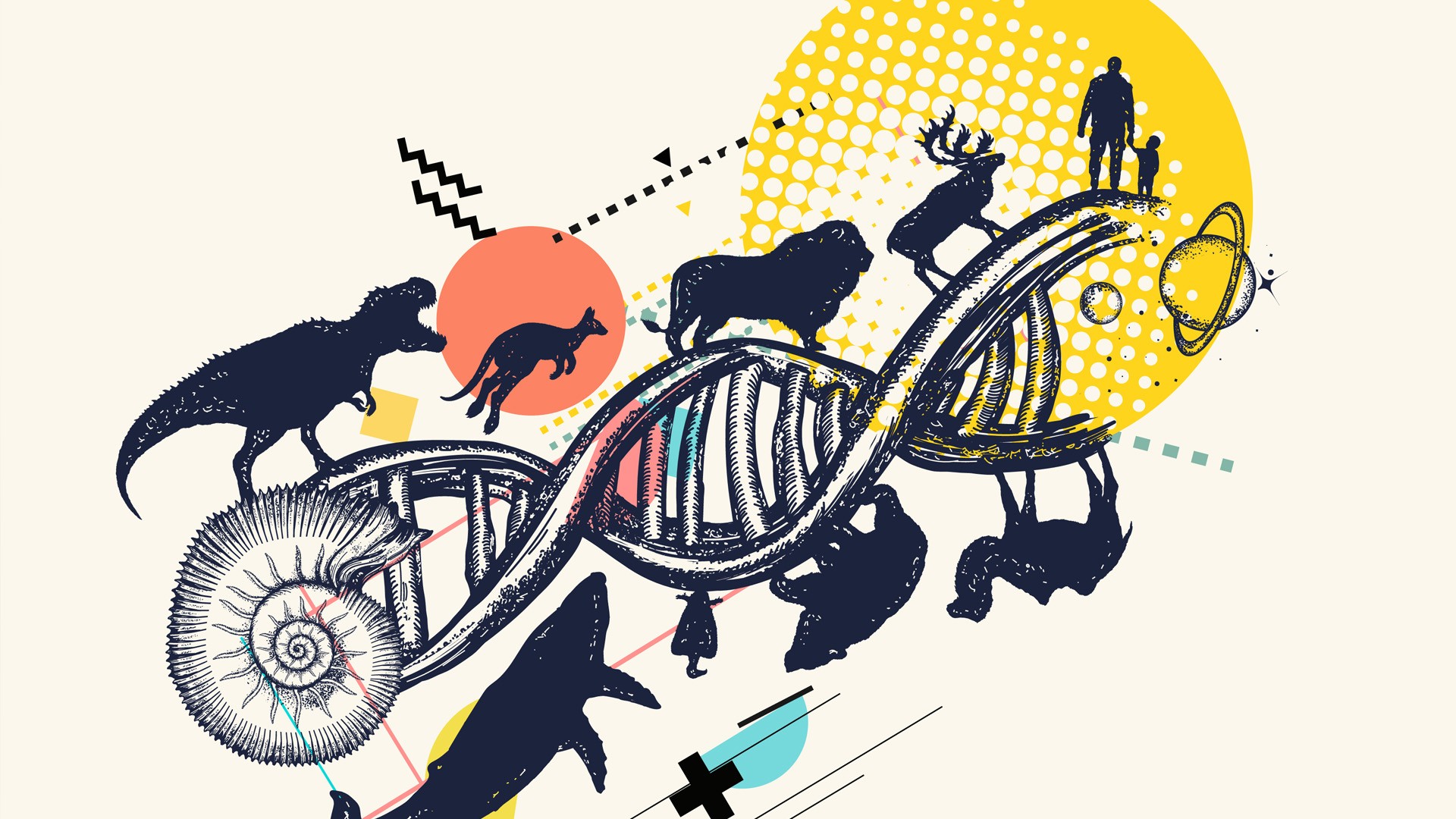

All other requests (e.g., requirements for post-baccalaureate professional schools) Students wishing to check their progress in the program should contact the director or the assistant to the director, Melissa Cohen in the Department of Ecology & Evolution. Interested students should contact the EBH Director of Undergraduate Studies.

Students will develop a background in evolutionary theory and important skills inĬritical thinking and scientific methods. Finally,Ĭourses in the evolutionary basis of behavior subfield will help students use an evolutionaryįramework to understand human and non-human primate behaviors and its underlying physiology.Ĭourses are taught by world-renowned faculty in Anthropology and Ecology and Evolution, all conducting novel and exciting research in their fields. In the subfield human and non-human primate genetics and genomics,ĮBH majors will examine genetic diversity, evolutionary relationships, and geneticĪdaptations in humans and their closest living relatives, non-human primates. Morphological, and cultural transitions that occurred during the evolution of the In the human evolution and morphology subfield, students will explore the palaeontological, Receive a strong background in the natural sciences, mathematics, statistics and anthropology,Īnd will have the option to sample broadly or focus more directly on three subfields. The EBH degree program is offered jointly by the Departments of Anthropology and of Ecology and Evolution and results in a Bachelor of Science degree. The natural and social sciences to examine how evolutionary forces have shaped the The Human Evolutionary Biology (EBH) program at Stony Brook University draws from


 0 kommentar(er)
0 kommentar(er)
